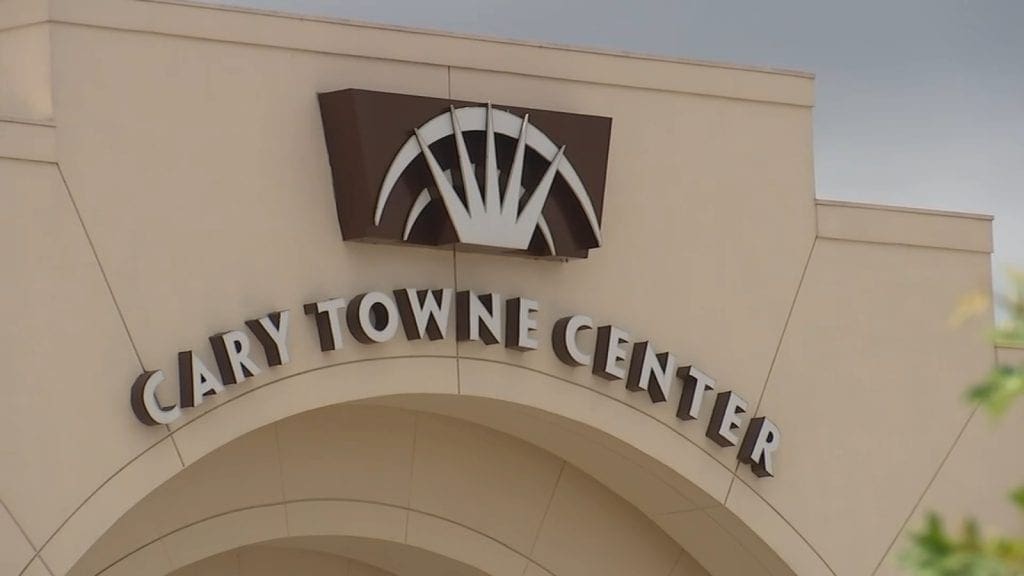According to Bloomberg’s Lucas Shaw, Spotify is in the process of developing a premium version of its music streaming service, with Apple potentially close behind in its efforts.
Lucas Shaw outlines the anticipated developments from Spotify in the coming months:
Spotify is working on a higher-priced version of its service, which will include features like enhanced audio quality, concert ticket access, and tools that allow subscribers to modify tracks. This new offering, tentatively named Music Pro, is expected to launch later this year with a price tag about $6 more than the current subscription rates.
The prospect of a plan costing around $17 per month is something Spotify users have been anticipating. The company has been strategizing for years to introduce a Hi-Fi tier that would compete with Apple Music by providing higher fidelity audio.
In contrast, Apple Music has long included lossless audio in its basic subscription model.
This means Spotify may need to enhance its offerings to successfully monetize the higher-resolution audio feature.
Offering concert tickets through a streaming service is a promising idea and represents an untapped market; however, the online ticket sales experience is often frustrating for users.
The ability to customize songs in some manner is intriguing. Here’s what Lucas Shaw reveals in these areas:
Music Pro will feature multiple remixing options allowing listeners to speed up or blend tracks, mimicking a DJ’s capabilities. Additionally, Spotify has been in discussions with concert promoters and ticket retailers to secure ticket allocations, giving customers early access or improved seating options.
As for Apple, it’s worth noting that Apple Music has consistently provided high-resolution audio without additional fees. The service has seen only one price adjustment — from $9.99/month to $10.99/month in 2022. However, Shaw mentions that both Apple and Amazon are exploring opportunities to introduce pricier tiers for their streaming services.
Apple and Amazon are also considering higher-priced tiers for their platforms, although these ideas are still in the early stages and may not materialize.
While details are sparse, this information is significant as it would represent a shift from Apple’s established approach. Apple has consistently added features like live lyrics, Dolby Atmos, and lossless audio to its singular version of Apple Music. A strategy of charging extra for additional features would certainly be a change, and depending on what Apple can offer, it could be worthwhile for subscribers.
If Apple were to secure rights for music stems of popular songs, it could enhance creativity in applications like GarageBand and Logic. Apple has previously provided similar experiences during creative workshops at its retail locations, but such offerings have not been made available for personal use at home.



